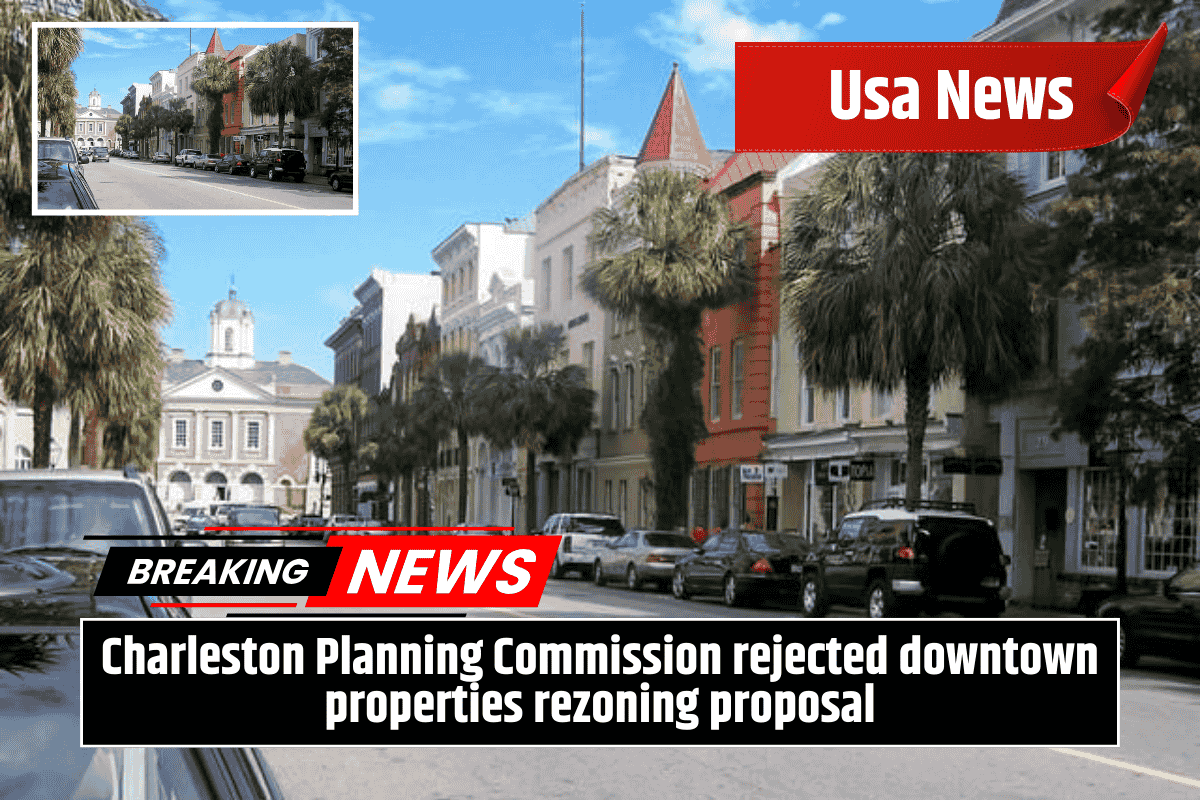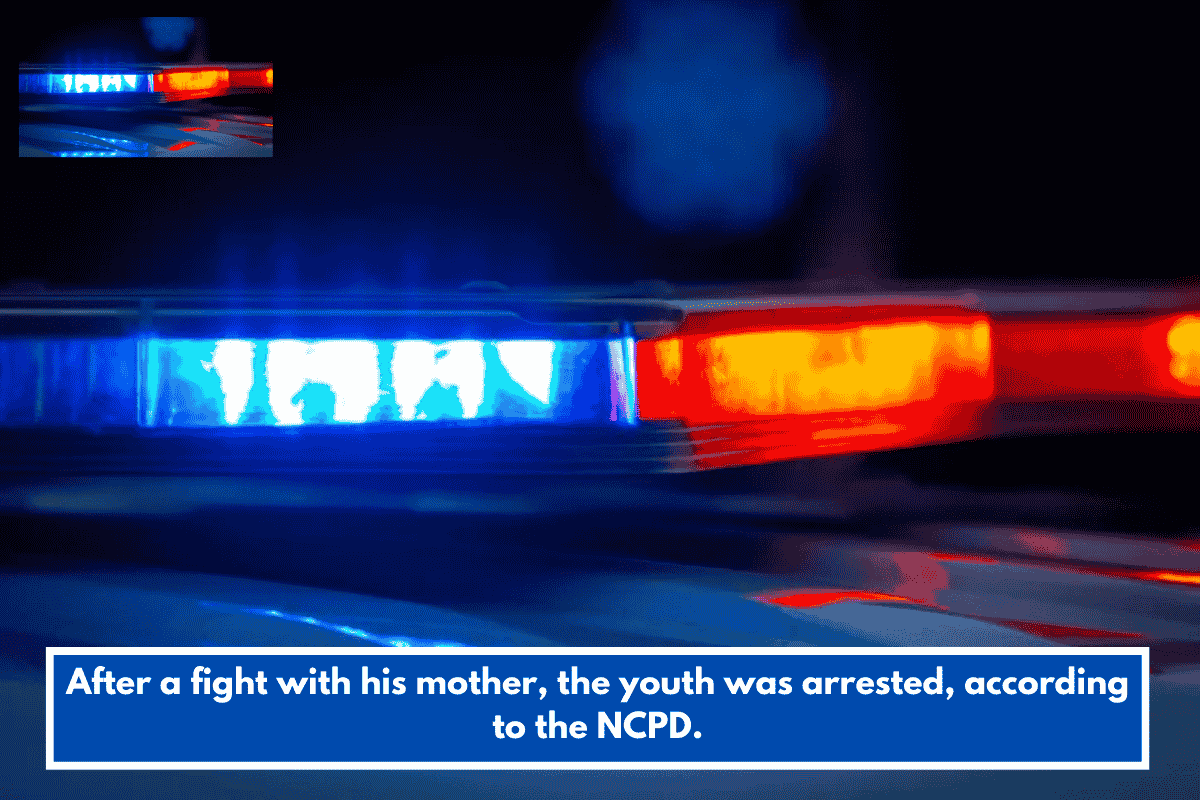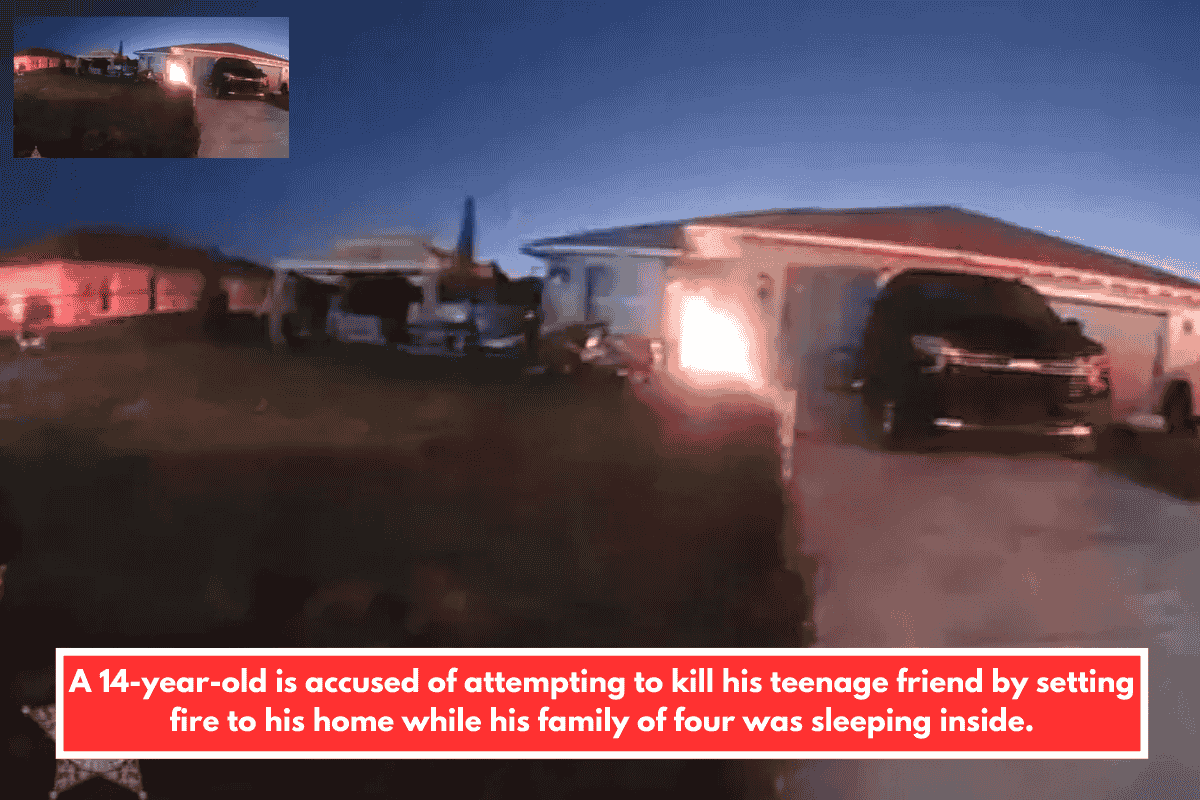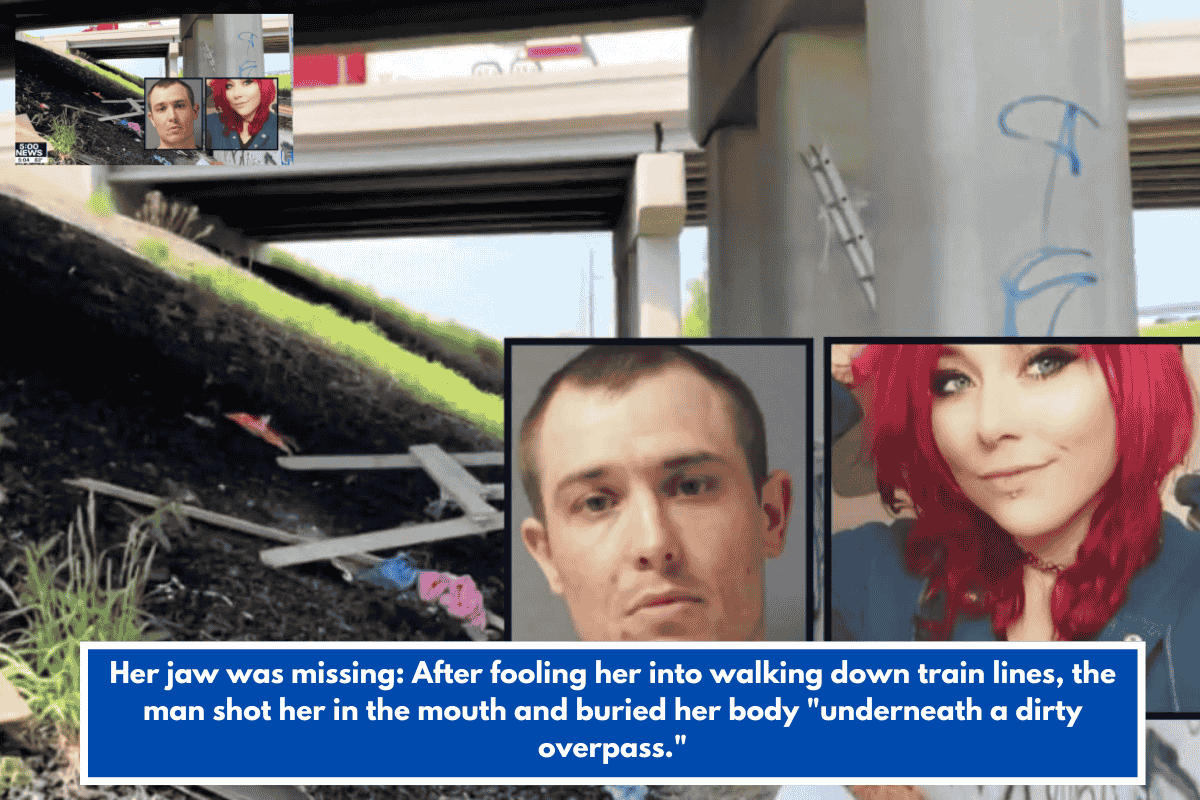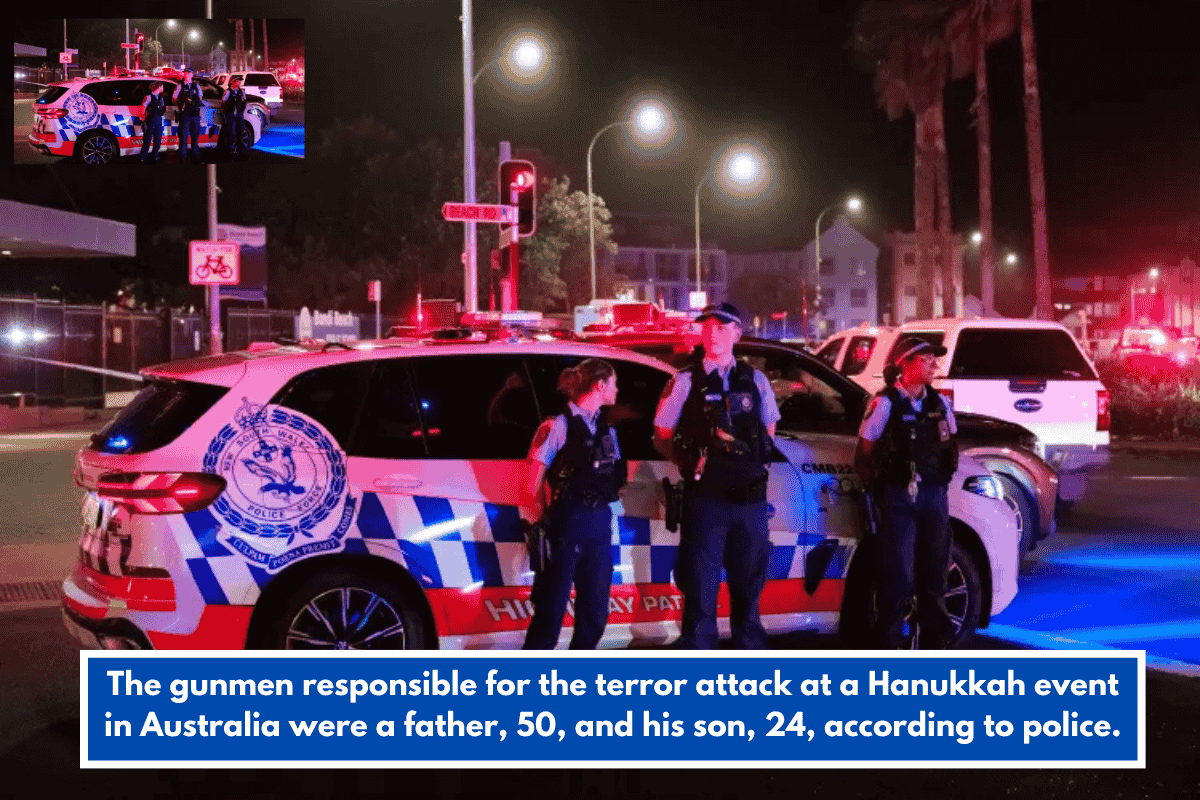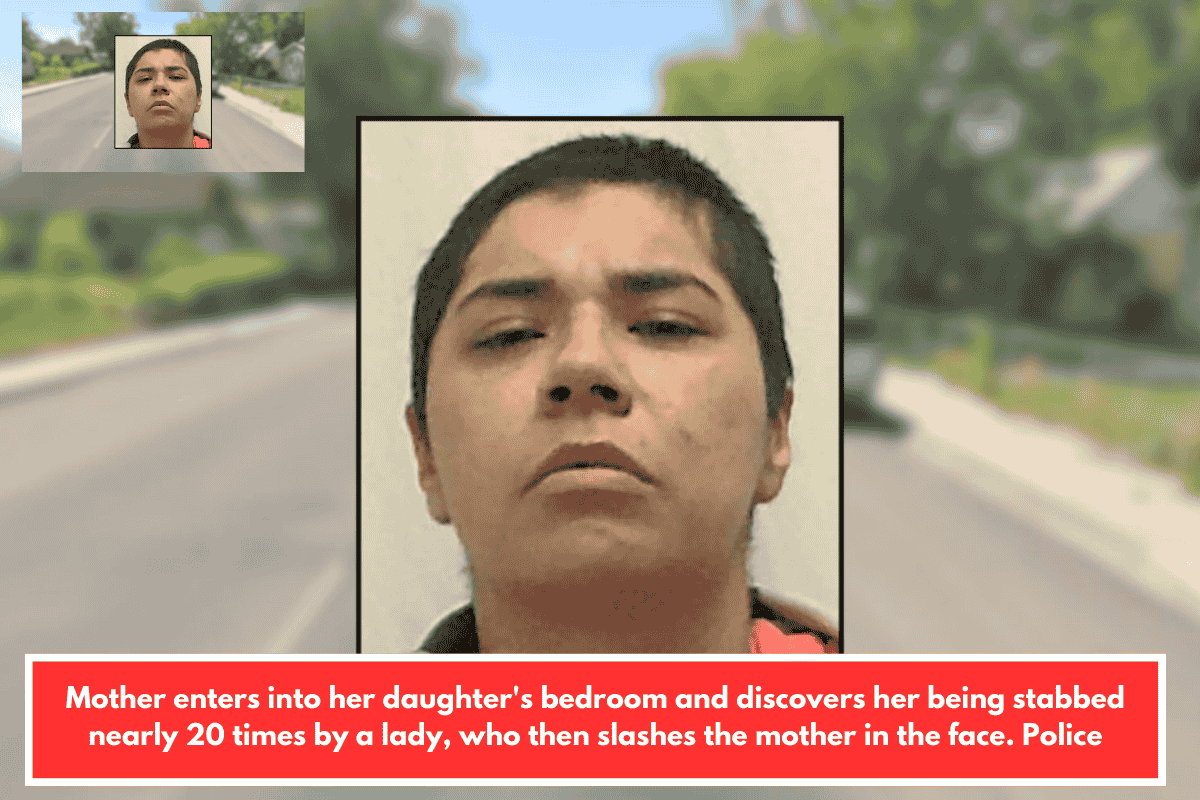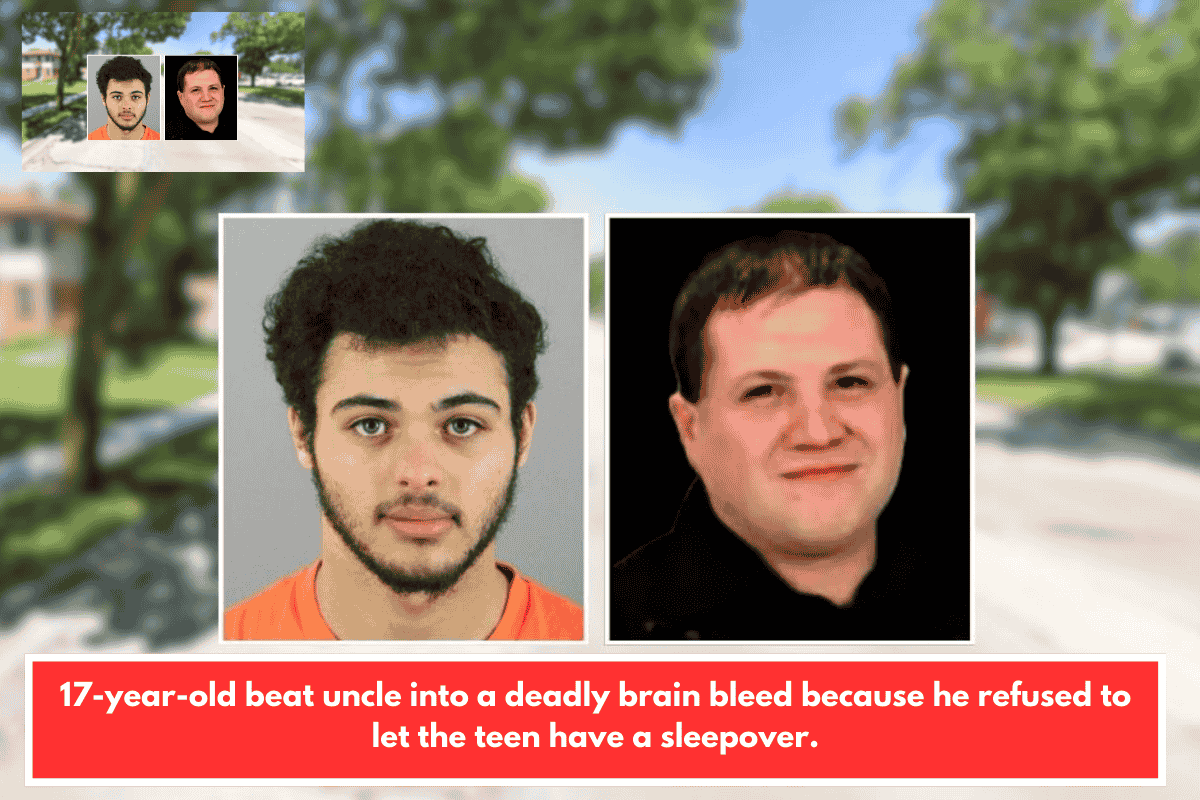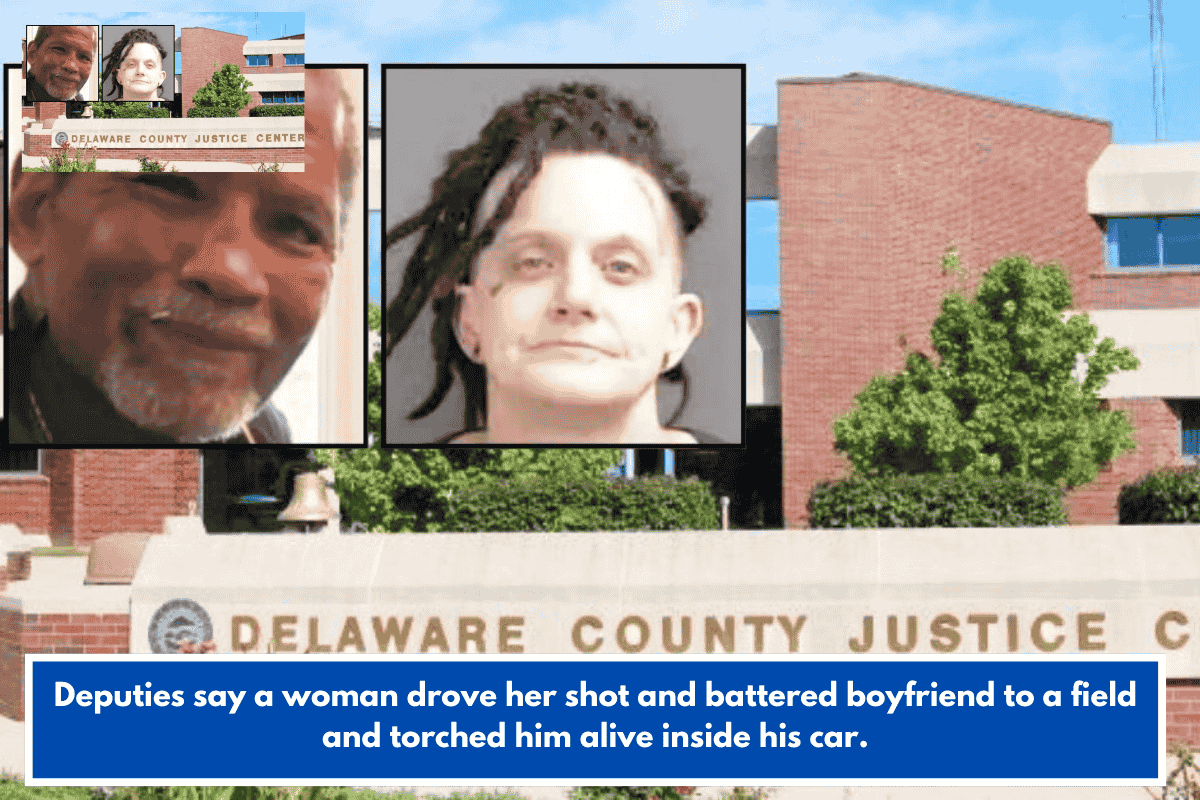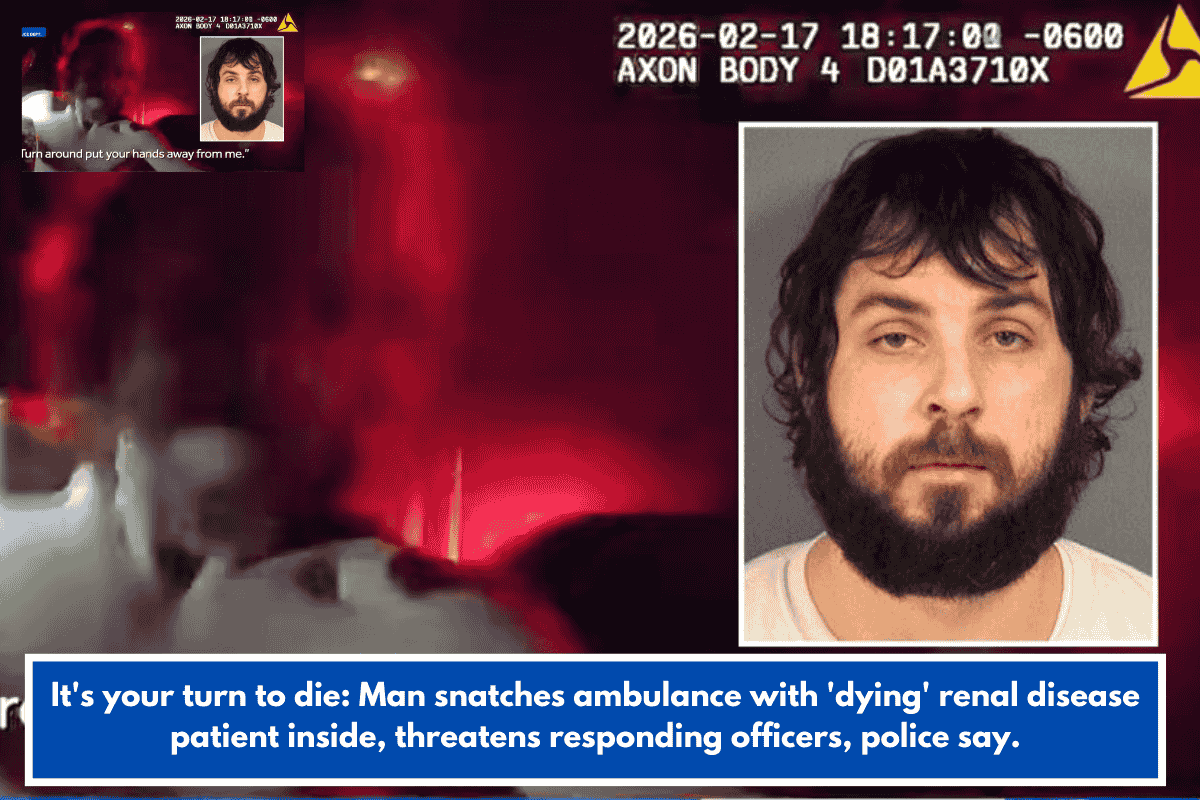In Charleston, a new hotel project in the city’s downtown area has been put on hold after the City of Charleston’s Planning Commission voted against a rezoning request for two properties on Meeting Street. The decision came during a meeting held on Wednesday, where both community members and city officials shared their views.
The final vote ended with four in favour and five against, meaning the proposal will not move forward to the city council for approval.
The Proposal and the Debate
The developers, JJR Development, wanted to rezone two properties—529 Meeting Street and 537 Meeting Street—to what’s called an Accommodations Overlay Zone. This would allow for hotel development in areas that are part of Charleston’s mixed-use zoning laws.
While some argued that hotels are suitable near highway ramps and tourist spots, others raised concerns about the growing number of hotels in residential areas. They fear that new hotels could make life difficult for locals and reduce space available for affordable housing.
What Supporters Had to Say
Supporters of the project believe that the hotel would have fit well with Charleston’s growth plans. The developer, Jeffery Roberts, said the project would have followed the city’s Comprehensive Plan and respected the city’s history and character.
“We would never start a project that we don’t think is good for the city,” Roberts said. “Charleston is a living, breathing city, and we know how important it is to manage hotel growth responsibly.”
Even some local residents supported the idea, saying more hotels could help with tourism and jobs, especially since Charleston relies so much on the tourism industry.
Community Concerns Raised
However, many local voices spoke against the plan. Loquita Bryant-Jenkins, a planning commission member who lives near the proposed site, said, “We’ve always wanted more residential spaces, not more hotels. I don’t support building another hotel in this area.”
Community member Nelson Billington, who works in the hospitality industry, also opposed the project. He said, “I support hotels and development, but this project didn’t offer enough details to justify changing the area’s zoning rules.”
Groups like the Historic Charleston Foundation and the Charleston Preservation Society also opposed the rezoning. One major concern is that this area currently houses a HOPE Center, which provides services to those in need. If turned into a hotel, it could take away an important resource from the community.
A Call for Balance
The applicant’s lawyer, Andy Guaer, acknowledged the need to find balance between tourism and livability. “There must be a balance between the needs of residents and the needs of tourists,” he said during the meeting.
Still, despite the arguments on both sides, the planning commission chose not to approve the rezoning. Since the proposal was rejected, it will not move forward to the Charleston City Council, which would have been the next step for final approval.
The rejection of the hotel proposal on Meeting Street highlights the ongoing debate in Charleston between tourism development and preserving residential life. While the city continues to welcome visitors from around the world, many locals feel that adding more hotels could harm community life and reduce access to affordable housing. As the city grows, it will need to carefully balance economic development with the well-being of its residents to maintain Charleston’s unique charm.

